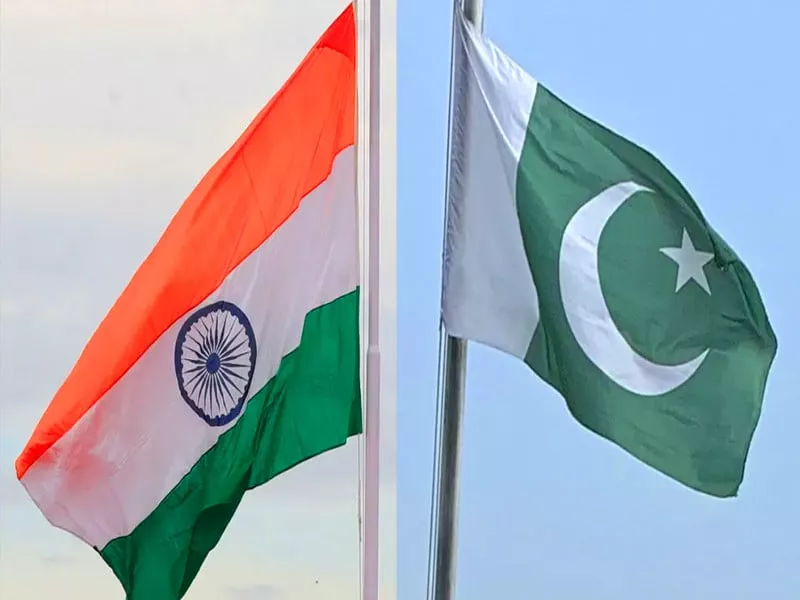Islamabad, May 8, 2025: In a dramatic escalation of regional tensions, Pakistan and India’s National Security Advisers have established direct communication following a wave of Indian missile strikes inside Pakistan and Azad Jammu & Kashmir.
This unexpected outreach comes amid a rapid military exchange that saw Pakistan respond forcefully, reportedly downing five Indian jets, including advanced Rafale aircraft.
The development marks a crucial turning point in India- Pakistan security dynamics.
Pakistan’s NSA Lt Gen Asim Malik, who also heads the ISI, initiated contact with his Indian counterpart Ajit Doval in an effort to control spiraling tensions. “Yes, Pakistan and Indian National Security Advisers are in touch,” confirmed Deputy Prime Minister and Foreign Minister Ishaq Dar.
While further details remain classified, insiders reveal the contact was part of wider de-escalation diplomacy.
Sources claim the outreach followed intense behind-the-scenes efforts by global and regional powers. U.S. Secretary of State Marco Rubio, also serving as NSA, personally contacted both countries’ top security officials shortly after the incident, signaling the seriousness of the crisis.
The National Security Committee earlier stated Pakistan reserved the right to respond at a time and place of its choosing.
However, Prime Minister Shehbaz Sharif’s subsequent address hinted at a restrained posture, signaling potential diplomatic overtures behind closed doors.
A Shift from 2019’s Balakot Strike:
Unlike the 2019 Balakot episode, where Pakistan took nearly 24 hours to react, this time the country responded within minutes. In 2019, India had conducted airstrikes after the Pulwama attack, catching Pakistan off guard.
That scenario led to the downing of an Indian MiG-21 and the capture of Wing Commander Abhinandan. However, this week’s strikes came as no surprise.
Read More: Defense Minister Confirms Five Indian Fighter Jets Downed in Recent Air Combat
According to Pakistani officials, the military was on high alert following intelligence from a third country about possible Indian aggression.
Prepared for retaliation, the Pakistan Air Force immediately launched a counter-offensive, reportedly taking down five Indian aircraft, including France’s elite Rafale jets.
Expert Opinions and Tech Rivalry:
Lt Gen Ahmed Sharif Chaudhry, DG ISPR, stated, “Pakistan could have downed 10 jets but chose restraint.” He confirmed that Pakistan’s J-10C jets—a recent acquisition from China—played a key role in neutralizing India’s much-hyped air power.
Interestingly, India’s media largely blacked out coverage of the losses.
The Hindu, one of India’s oldest newspapers, initially reported the downing of three jets but swiftly retracted the story, likely under government pressure.
Global defense analysts are now weighing the broader implications. “If the Rafale losses are confirmed, it’s a blow to India’s air superiority narrative,” said an American defense commentator on CNN.
A senior French intelligence official also told CNN that at least one Rafale jet was indeed brought down, making it the first such combat loss for the model.
Experts see the event as more than a bilateral skirmish—it’s a real-time evaluation of Chinese versus Western military technology.
With Pakistan deploying Chinese J-10C fighters and India relying on French Rafales, the clash also underscores shifting defense dynamics in South Asia.









